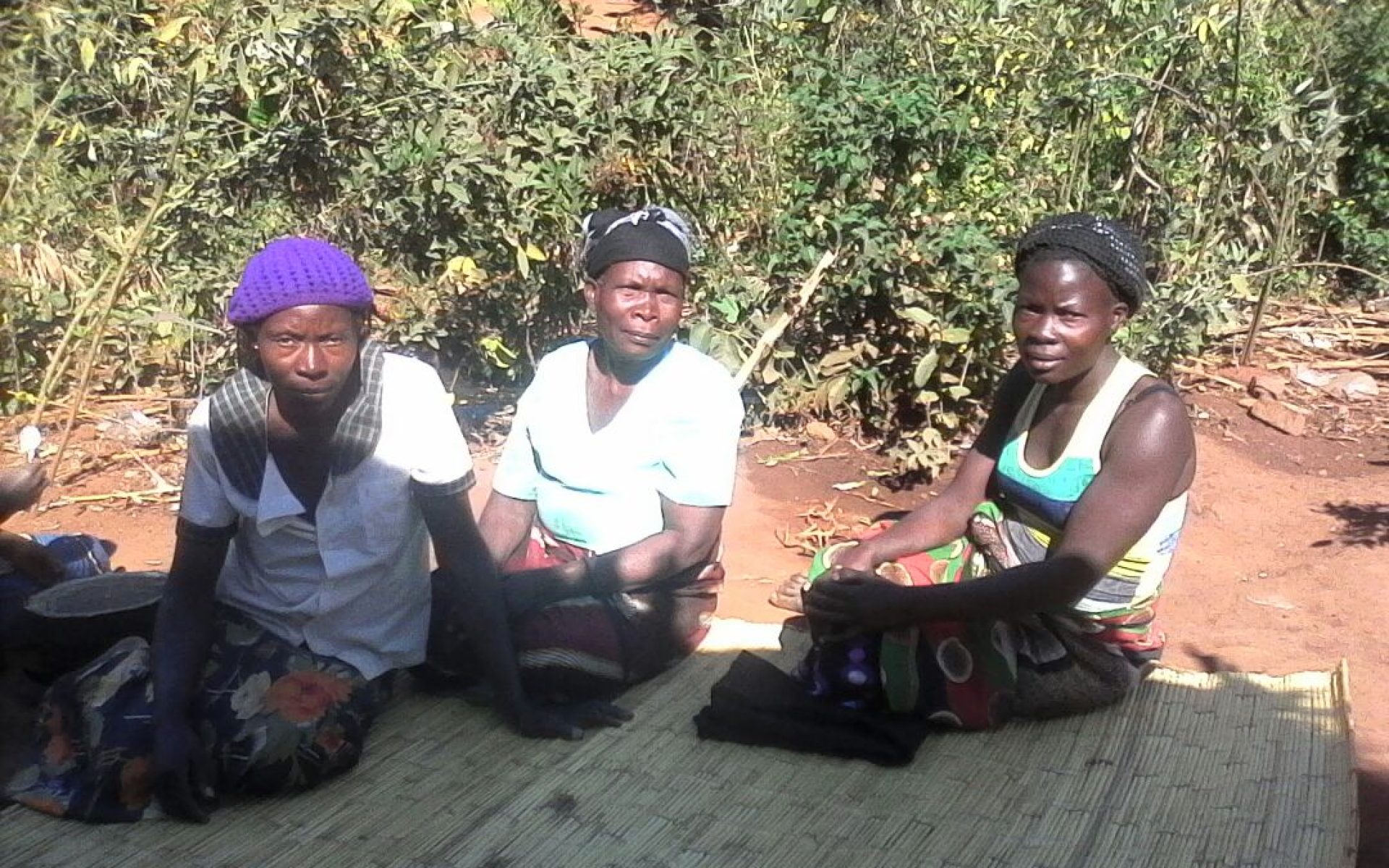Written by CorpsAfrica/Malawi Volunteer Mr. Lusekelo Simwela
One of the things we are supposed to do when we go to a community is to analyze its major economic activities. I was happy to see that my community has many economic activities happening. The place is blessed with a climate and soil that allows different fruits to grow abundantly. Tangerines, avocado pears, oranges, lemons, guavas, mangoes, litchi, and many others that I believe don’t have English names. (Well, I am sure they do but Father Google hasn’t helped me in finding them so if Google doesn’t know then it doesn’t exist. That’s my story and I am sticking to it.) Above all this, there is one business that lies above them all. That is the brewing of Kachasu (moonshine). Every few houses I would see men surrounding a bottle of liquor, from foreign brands like famous Grey Goose to local ones like premier brandy. The surprising thing was the liquid inside was always clear, like water. My curiosity and my need to research and fully integrate (again, that’s my story and I am sticking to it) made me sit down in one of these “meetings” and I took a shot of the clear liquid. I felt it burn as it passed from my mouth, to my esophagus, and finally reached my stomach which strangely felt . . . warm. It was a bittersweet experience, literally. It tasted like all liquor – bitter, but there was a subtle sweet sugary substance that gave the liquor an interesting taste. I stood up as I had to meet one of the villagers for a one to one interview, but I knew this was something that I needed to find out more. That is why I spoke to Melina Maliko and her two daughters, Agnes and Alefa.
This is how the interview went:
Me: When did you start brewing Kachasu?
Melina: I do not remember. I think it was before Alefa was born.
Alefa: I was born in 1978
Me: How did you start this particular business?
Agnes: I started in 2010, when I quit school.
Melina: I used to sell things like soap and sugar from Mozambique. My brewing was not as good, but when I got better, I switched to it.
Me: What are some of the things you have done from the money you get from brewing?
Melina: I built a house with iron sheets. I buy groceries and clothes from the same, too.
Agnes: It fully supports my family. It saves me from abject poverty
Me: There are a lot of people addicted to Kachasu. They do not contribute to the villages’ development or help their families. Do you, as a family of brewers, feel that you are responsible for this addiction?
Melina: Well, like my mother before me and my two daughters after me, I make this drink. It’s all I know. I used to drink to excess myself but I realized that anything done beyond its limits is bad for me, so I stopped. Those that are unable to stop have only themselves to blame.
Alefa: This business is not all good. We sometimes have people knocking on our doors before 5 a.m. They curse at us, sometimes even beat us up. But it’s the only way we know to make money. What can we do?
Agnes: I feel sorry for some people, they spend thousands at my house buying Kachasu. I try to stop them but there is nothing we can do. If we don’t sell to them they will simply buy from others?
Me: Well, how exactly do you make this drink? What do you use?
Melina: We use either sugarcane, sugar, mangoes or “Masuku achizungu.”
Agnes: We mostly use sugarcane because it is the one that people enjoy the most.
Alefa: The process goes like this; we soak maize husks(gaga) in water for four days, then we crush sugarcane using motar and pestle. We then mix the sugarcane with water that we get from sieving the gaga. We mix the two with the water from a previous batch. We put this mixture in a pot and let it ferment for three to four days. After that we distill it – the distillate is kachasu.
Me: How much do you sell the kachasu for?
Melina: 200 Kwacha for a 300 ml bottle, 600 kwacha for a 750 ml bottle. We also sell in bulk, 10000 kwacha for a 20 liter jerry can.
Me: Happy to have talked to you. Is there anything you would like to add?
Agnes: Making this drink is hard work and the drunkards treat us bad for it, but one has to do what they can to survive.

